Top Things To Do In Panama In 2026
Panama’s geographic size is modest, but its global relevance is not. The country connects two oceans and two continents, operates on a dollarized...
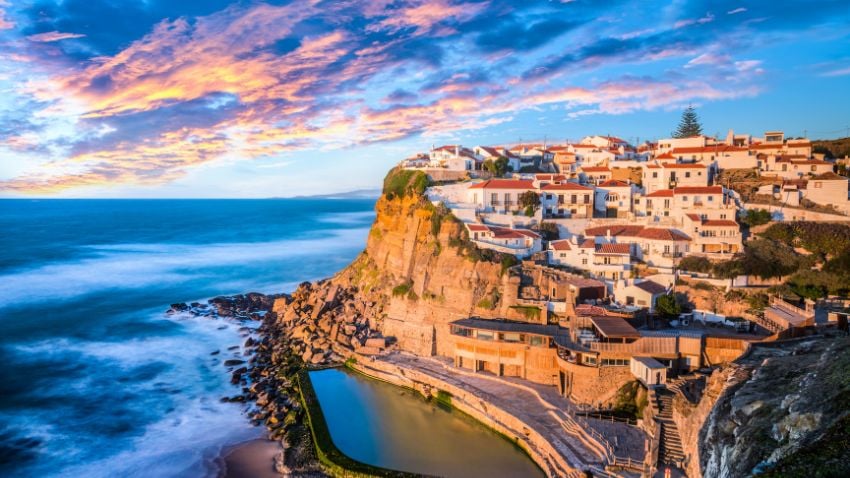
5 min read
Portugal is a country famous for its delicious cuisine, sunny weather and affordable cost of living. The country’s relaxed lifestyle has attracted many expats around the world.
One of the most appealing programs for expats is the Golden Visa, a special residency permit that offers perks such as favourable tax benefits, minimal residency requirements and even potential citizenship.
Due to the financial crisis of 2008, Portugal had to come up with ways to boost its economy. This visa has been effective in that aspect, attracting foreign capital and high-net-worth individuals. However, rental prices are extremely high these days in Portugal (especially in major urban areas), and the government is targeting both Non-Habitual Tax Residents (NHR) and Golden Visa holders.
In this article, we’re diving into the changes to this Golden Visa, the implications for expats and even alternative visa options in other countries.
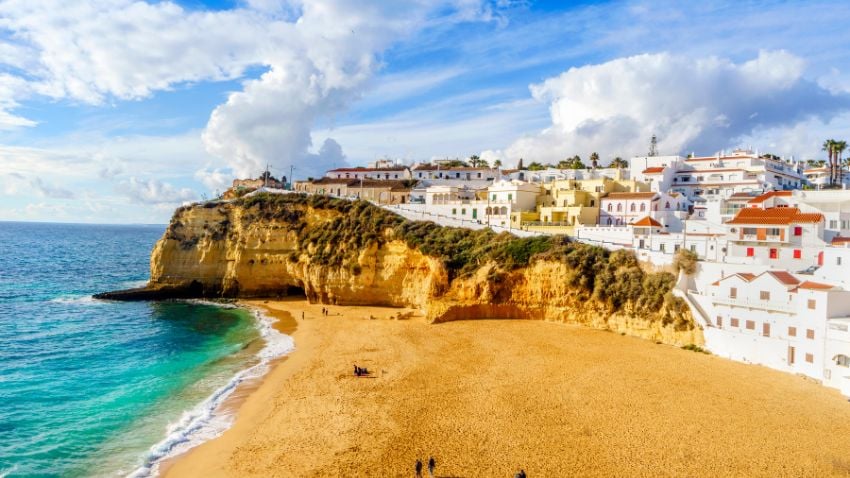
Carvoeiro in Algarve, Portugal
Portugal’s Golden Visa Program was approved to alleviate the aftermath of the financial crisis of 2008, which turned Portugal into one of the “PIIGS” of the EU (PIIGS is the most recent acronym released by the media, created with the initials of Portugal, Ireland, Italy, Greece and Spain, the five economies that need the most help at the moment).
This smart move attracted eligible individuals, often high-net-worth individuals and investors. In exchange, they would get residency and juicy tax incentives.
To get a Golden Visa, applicants needed to pick one of the following investment routes:
Bank transfer;
Donation;
Starting a business;
Venture capital;
And real estate.
As you can imagine, many applicants opted for this last option, which would be like killing two birds with one stone: owning property in Portugal and enjoying massive tax and lifestyle benefits. For example, this visa allows you to travel to Schengen countries visa-free, bring family members and only reside in the country seven days per year.
However, this strategy is not possible anymore. Current Golden Visa holders will retain their benefits, but the real estate route is no longer an option. The reason is the government’s recent Law No. 56/2023 of October 6.
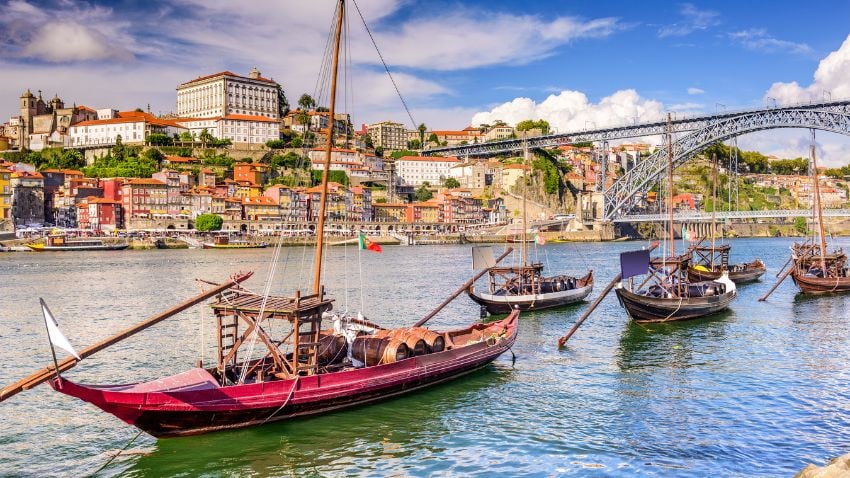
Porto, Portugal
Rental prices in Portugal have gotten out of control in recent years, and the government is blaming the influx of foreigners. This has pushed locals to protest, and the government has also been listening to the whims of the Portuguese Communist Party.
As a consequence, the once-coveted Golden Visa has become the subject of increased scrutiny. This program has brought foreign investment and stimulated economic growth, but the surge in rental costs is attributed to foreigners. Moreover, the government wants to intervene in the real estate market.
These changes to the program and animosity toward foreigners could make investors look somewhere else instead of Portugal. Long story short, the program has lost its appeal to many investors who want to contribute to the Portuguese economy.
If you’re a real estate investor, the last thing you want is the government making things more difficult. You need to do confusing paperwork in multiple countries, get licenses, pay fees, and more. The process is complicated, but you do it to build your net worth and generate passive income. Imagine that now the government wants to cap your returns. That’s what controlling rent prices does.
Many major cities around the world have tried rental price controls, and this policy has always failed miserably. Cities like New York, Berlin, Paris, and Barcelona have all suffered similar consequences upon implementing this policy – housing shortages, less supply and high demand. Therefore, landlords often decide to abstain from leasing their homes. In some cases, it’s more profitable for them to sell.
Can you guess who is affected the most? Yes, those whom the government wanted to “protect” the most: the vulnerable and low-income earners. Therefore, the solution is never capping rentals; it’s way simpler: more supply (AKA more houses) to meet or even exceed the demand. That’s the essence of free markets. The more houses available in the rental market, the more landlords have to compete with one another to get new tenants.
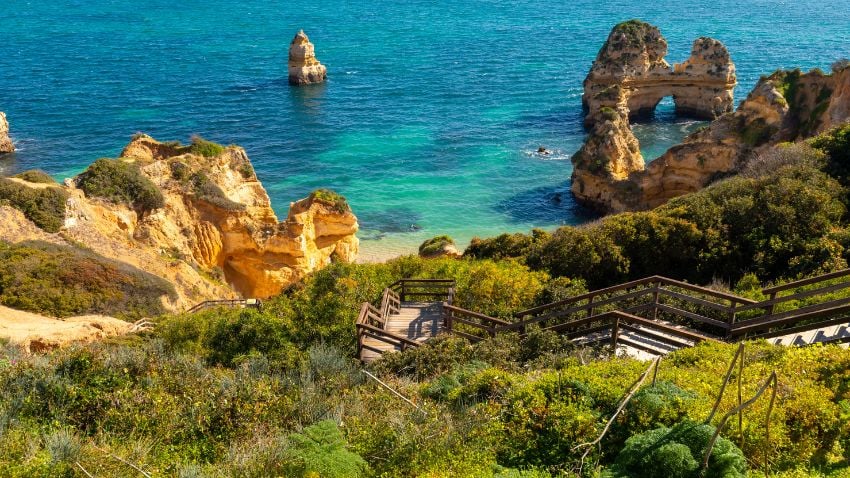
Camilo Beach in Lagos, Portugal
Now that you understand the context, if you’re interested in Portugal’s Golden Visa, here you’ll find out what you’re looking for: how the program has changed, including the available investment routes.
The program offers great flexibility, allowing investors to pick an investment route catered to their preferences. However, the recent changes to the Golden Visa rules do not contemplate real estate. The most notable modification is the amendment in Article 3, which formerly facilitated real estate investments as a qualifying avenue. This is why Portugal’s Golden Visa has lost its charm for many.
What if you still want to get this visa? What are the investment routes available now? There’s a bit of confusion out there, but don’t worry. Here’s the clarity you wanted. According to Article 3, paragraph d) of Law No. 56/2023 of October 6, the new qualifying investment routes are:
Research Activities Investment (v): If you invest €500,000 or more in research activities conducted by scientific research institutions in Portugal, you can obtain the Golden Visa;
Supporting Arts and Culture (vi): Investing a minimum of €250,000 in arts, cultural heritage, or supporting artistic projects through recognized public and private organizations in Portugal (like cultural associations or public foundations) makes you eligible for the Golden Visa;
Investment in Non-Real Estate Collective Undertakings (vii): To qualify for the Golden Visa, you can invest at least €500,000 in non-real estate investment funds established under Portuguese laws. At least 60% of this investment should go into commercial companies based in Portugal, and you need to commit to keeping this investment for a minimum of five years;
Establishment or Reinforcement of Business (viii): Invest €500,000 or more in starting a new commercial company or reinforcing the capital of an existing company based in Portugal. This significant investment should result in the creation of at least five permanent job positions, or the maintenance of ten job positions (minimum of five permanent), for a minimum period of three years to be eligible for the Golden Visa.
All of these investments must take place for at least 5 years. Here’s another interesting observation that some blog posts on the subject don’t mention.
Article 3 says that the minimum amount or quantitative requirement of the investment activity provided for in sub-paragraphs ii), v) and vi) of paragraph d) of the previous number may be lower by 20% when the activity is carried out in “low-density territories.”
Low-density territories are considered those defined in Ordinance No. 208/2017, of July 13, with less than 100 inhabitants per km2 or a gross domestic product (GDP) per capita less than 75% of the national average.
Also, the investment activities require assessment every two years regarding their impacts on scientific, cultural and promoting foreign direct investment and job creation. Finally, the law clearly states that none of the investment activities can be intended, directly or indirectly, for real estate investment.
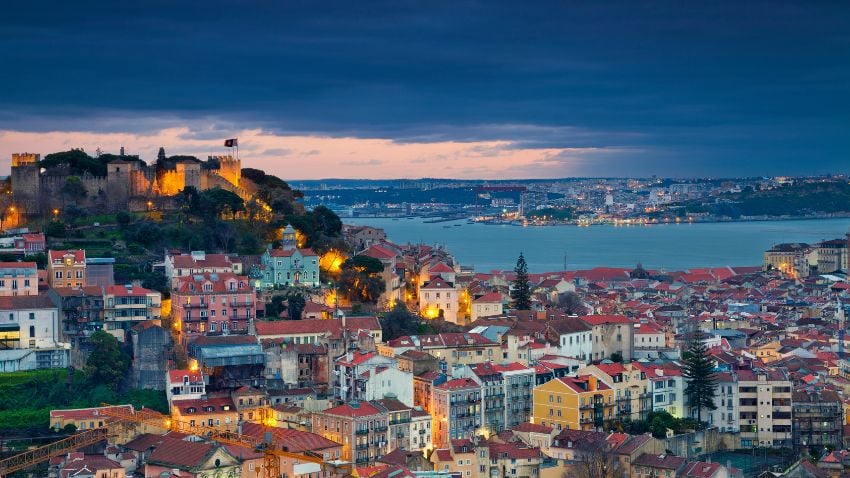
Lisbon, Portugal
I cannot emphasize enough how important it is to act quickly before opportunities vanish. The real estate route is not available anymore, and many investors have been left behind. If you’re interested in getting Portugal’s Golden Visa, the qualifying options are now limited to job creation, research activities, support for arts and culture, and non-real estate investments.
Portugal’s housing market will probably suffer a lot due to this reform of its Golden Visa. As we’ve seen, controlling rental prices is far from beneficial as they distort the market.
Thankfully, the world is still a huge place, and you might find better opportunities elsewhere. Recently, I’ve gone through the Turkish and St Kitts & Nevis Citizenship by Investment programs. Both allow for the purchase of real estate in exchange for a second passport. Also, my clients often find Panama's Qualified Investor Visa appealing.
The choice of country and program is all yours. If you want to invest in offshore real estate and get a residency permit or even citizenship, you can find multiple enticing options. My job is to help people like you secure their new lives abroad, so fill out this form, and we’ll examine your case together.
If you want the best intel from the expat world, including profitable offshore opportunities, little-known tax-saving strategies, and hard-won insights on immigration, passports, and Plan-B residencies, all delivered to your inbox every single week, then join our daily correspondence, EMS Pulse®. Currently enjoyed by over 84,000 expats and expat-hopefuls worldwide. Fill in the form below to join our newsletter free:

Written by Mikkel Thorup
Mikkel Thorup is the world’s most sought-after expat consultant. He focuses on helping high-net-worth private clients to legally mitigate tax liabilities, obtain a second residency and citizenship, and assemble a portfolio of foreign investments including international real estate, timber plantations, agricultural land and other hard-money tangible assets. Mikkel is the Founder and CEO at Expat Money®, a private consulting firm started in 2017. He hosts the popular weekly podcast, the Expat Money Show, and wrote the definitive #1-Best Selling book Expat Secrets - How To Pay Zero Taxes, Live Overseas And Make Giant Piles Of Money, and his second book: Expats Guide On Moving To Mexico.

Panama’s geographic size is modest, but its global relevance is not. The country connects two oceans and two continents, operates on a dollarized...

Honduras’ newly elected president, Nasry Asfura of the conservative National Party, was sworn in on January 27, 2026. The election, held on November...

For a growing number of Americans, cost-of-living math no longer works. Housing feels harder to reach, everyday costs keep climbing, and long-term...